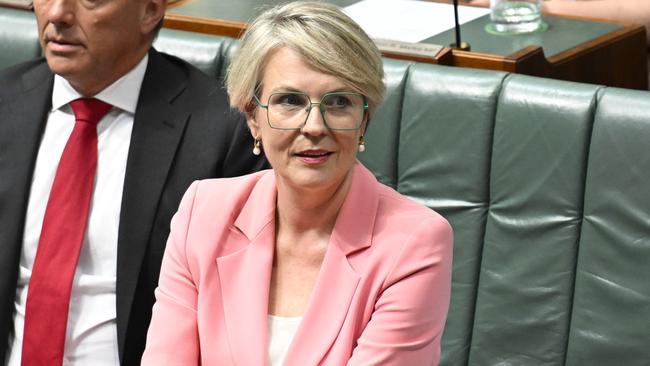
The former does not matter much. After all, Labor has a majority, albeit a narrow one, in the house. The seven so-called teal independents – all of whom won seats from the Liberal Party – get great media coverage on the ABC. But they have no legislative clout. Unlike the Greens and independents in the Senate, where the government does not have a majority.
The EPBC legislation is complicated but it essentially reduces the authority of the environment minister to review previous environmental decisions if they have been in existence for five years. This curtails Tanya Plibersek’s ability to reconsider additional salmon farming in Macquarie Harbour.
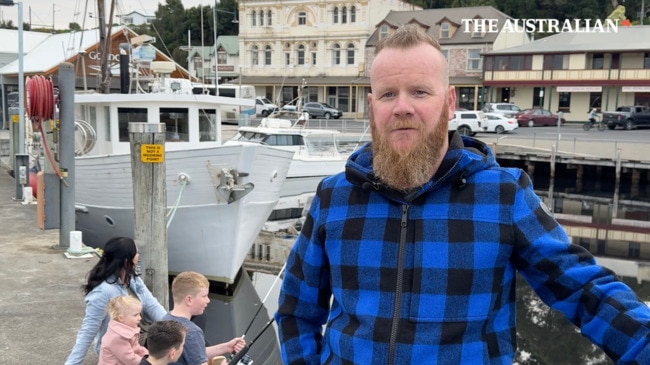
It so happens the closest main town to Macquarie Harbour on Tasmania’s rugged west coast is Strahan. It is in the seat of Braddon, held by the Liberals. Labor’s Tasmanian focus in the election is to win Braddon and retain Franklin, where an independent candidate is opposed to the salmon industry in its current form.
The EPBC bill became an act when it passed the Senate by 30 to 14 votes. The decision by the Coalition to support the legislation meant it would neither be defeated nor amended by the Greens plus some independents and minor party senators. As it turned out, amendments moved by the Greens and the Coalition were defeated. However, since Liberal and Nationals senators broadly supported the legislation, it succeeded.
Now attention focuses on the Labor seat of Sydney, held by Plibersek. At the 2022 election she won 66.7 per cent of the two-candidate-preferred vote. Plibersek won an absolute majority in her own right of 50.8 per cent. There followed the Greens on 23 per cent and the Liberals on 19.7 per cent.
Reports from the Sydney electorate indicate Plibersek will pay a political price for supporting the government’s legislation. Under Labor’s rules, if a Labor parliamentarian crosses the floor he or she will be the subject of automatic suspension, at the least. If Plibersek publicly opposed the legislation, she would have had to resign from the ministry and go to the backbench. However, it is not evident how the environmental cause would have benefited from such an act of symbolic politics.
The Australia Institute, an avowedly leftist Canberra-based think tank whose leaders get ready access to the taxpayer-funded public broadcaster, has commissioned polling in Sydney. It suggests 61 per cent of voters in Plibersek’s seat support removing salmon farms from Macquarie Harbour if this is necessary to save the endangered Maugean skate.
The polling by uComms also indicates 65 per cent of Plibersek’s Labor base hold this view. In other words, there is evidence that Labor support in the Sydney electorate is dropping and there is some risk Plibersek could lose her seat to the Greens. There is a clear way that this could be prevented.
In June 2024, Peter Dutton told The Australian it was Liberal Party policy to “put the Greens last” at the next election. It is understood Dutton’s position would change only if, say, there was a neo-Nazi candidate running for election.

Now, neither Dutton nor Albanese controls the respective Liberal and Labor party organisations. In fact, Dutton has less influence than Albanese since Labor has a national organisational structure that is more dominant than its Liberal Party equivalent. Moreover, Albanese excels in party organisational matters, including the art of getting the numbers.
A decision by the NSW division of the Liberal Party to preference Plibersek ahead of the Greens almost certainly would entail that Labor holds Sydney. Since the Liberals have no hope of winning this inner-city seat there is no downside. Whether Liberal voters like Plibersek or not, she represents a more moderate approach to politics than the Greens.
It should not be forgotten that radical Greens leader Adam Bandt won – on Liberal preferences – the traditional Labor seat of Melbourne in September 2010 following Labor frontbencher Lindsay Tanner’s retirement from politics. Maybe this seemed like a good idea at the time to the Victorian division of the Liberals Party. But it was counter-productive, since Melbourne, like Sydney, is never likely to be won by the Liberals.
A quick glance at the Greens website reveals this message: “Our pledge to you. The Greens will never use our numbers to support a Dutton Liberal government.” For his part, Dutton has stated that the Greens are an anti-Semitic party and described Bandt as a “radical … unworthy of public office”.
Dutton has called on Labor to put the Greens last on their how-to-vote cards. Labor and the Greens are political enemies. Even so, Labor is unlikely to favour the Coalition over the Greens. No problem for the Coalition really. Since such a preference swap would give legitimacy to Dutton’s claim that a vote for Labor is a vote for the Greens.
If the Liberals and the Nationals want to demonstrate that they put Australia first then it makes sense to put the Greens last at every election. Even if the Coalition does not win the 2025 election, it would benefit politically in the long term by supporting Labor legislation rather than lining up with the Greens and the Green-like teals in Canberra.
The events of this week in the parliament with respect to the EPBC Act are a positive move. Let’s hope they are not a one-off.


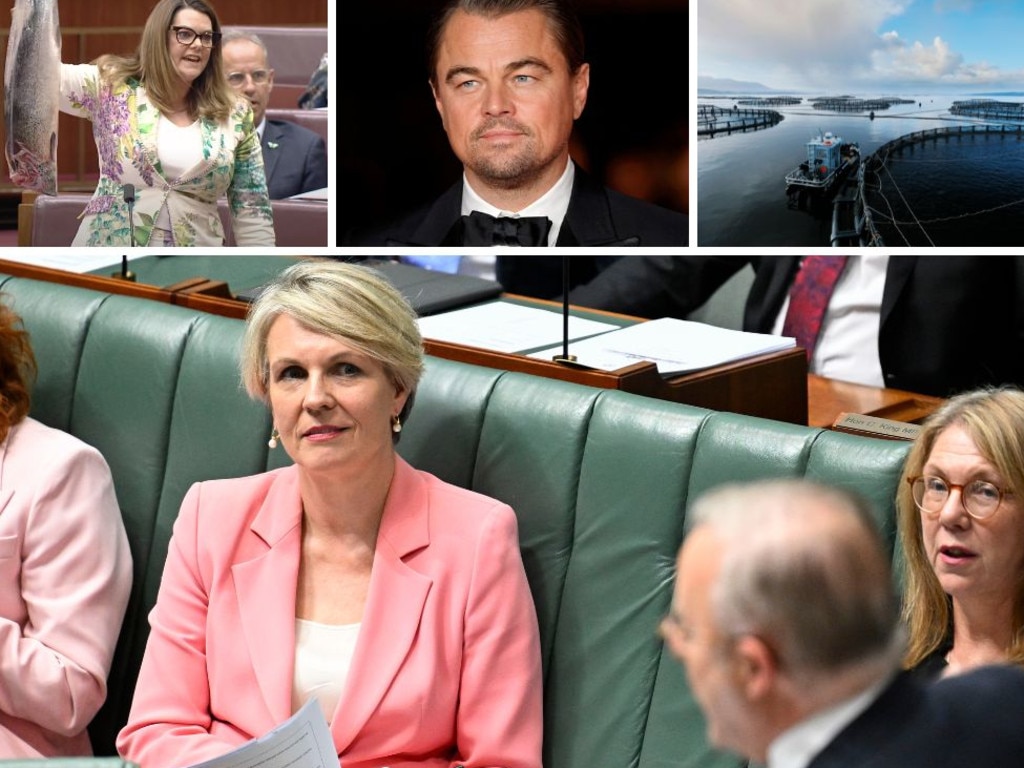

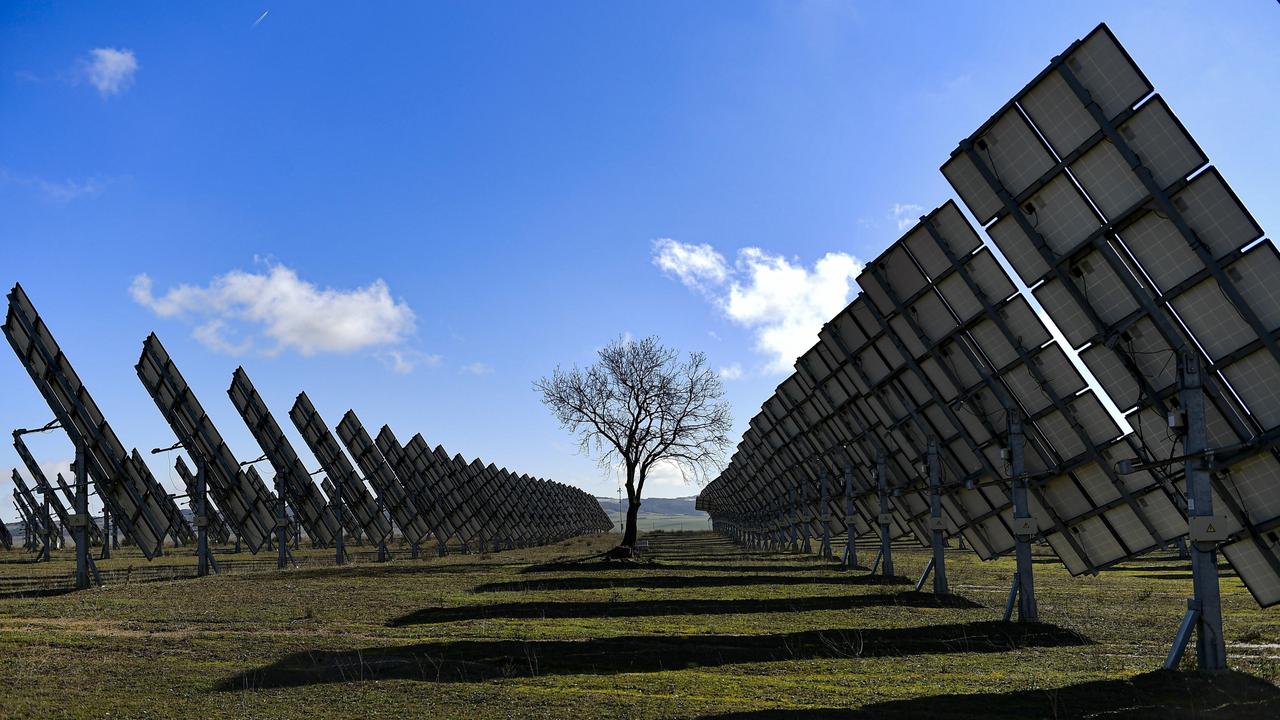
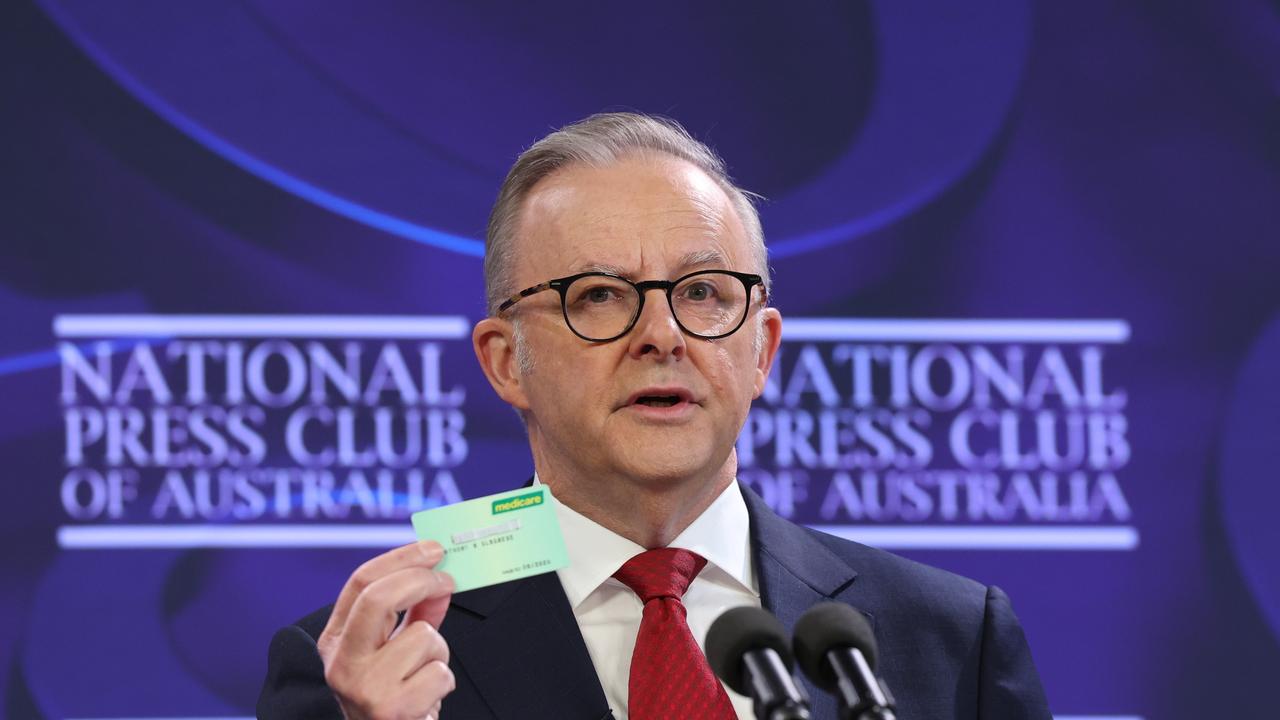
Believe it or not, there was some good news from the final sitting week of parliament before the May 2025 election. The Coalition supported changes to the Albanese government’s Environment Protection and Biodiversity Conservation Amendment bill in the House of Representatives and the Senate that will allow the salmon industry to continue farming at Macquarie Harbour in Tasmania, in the short term at least.